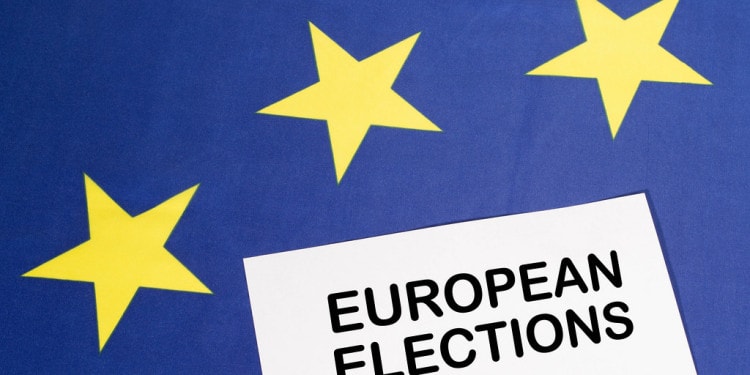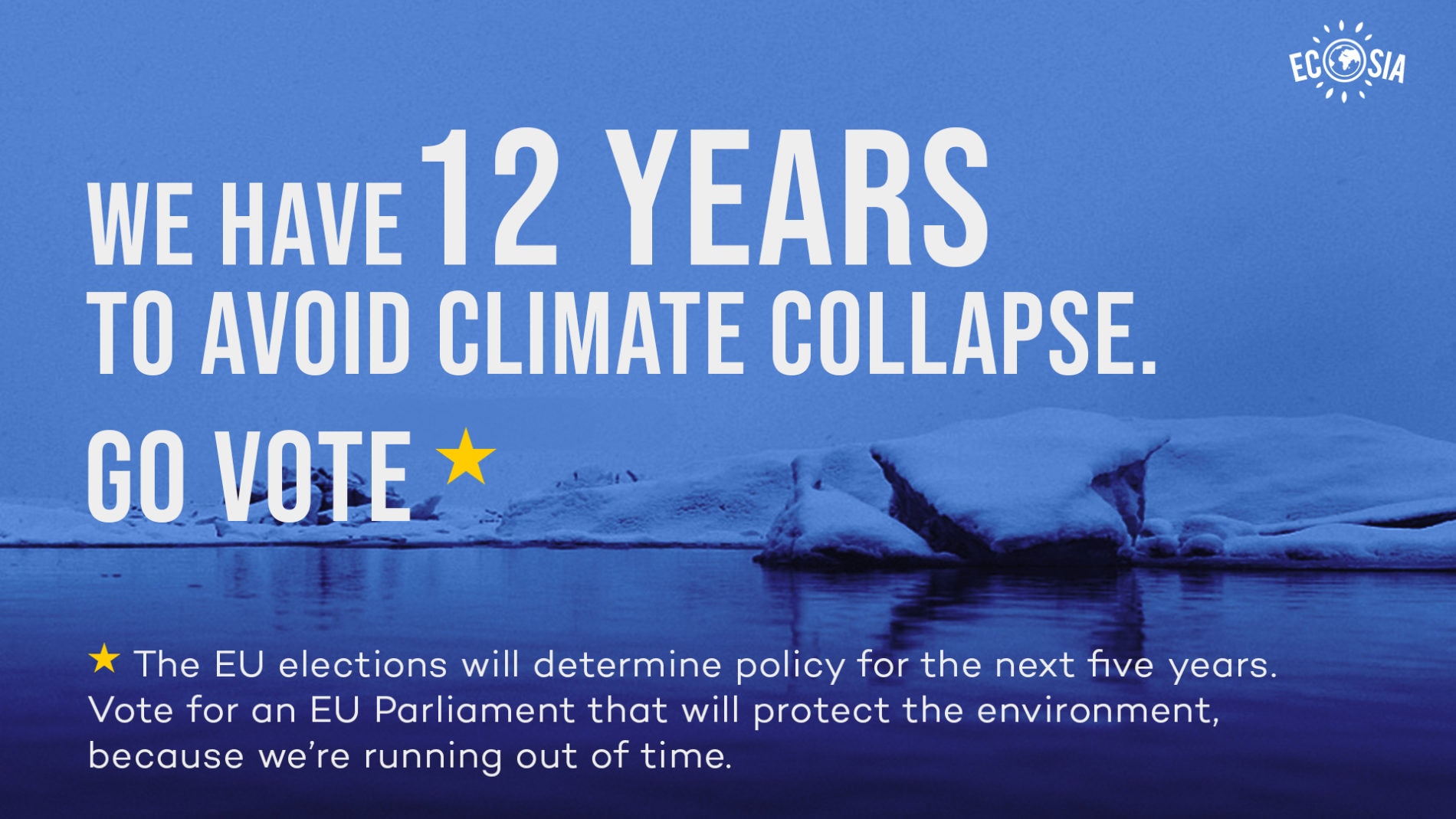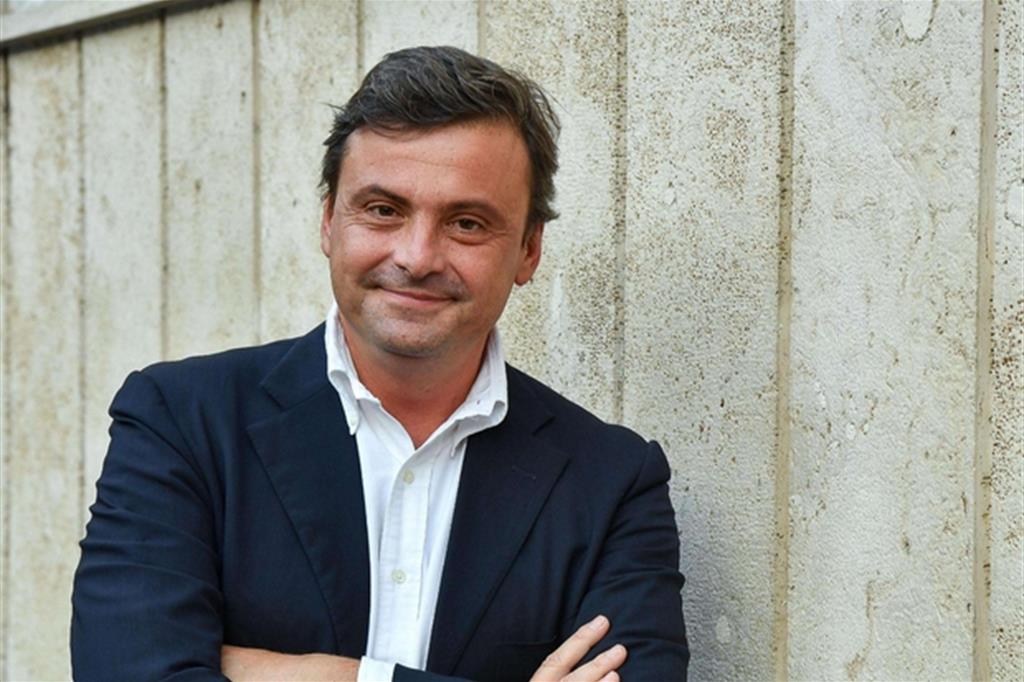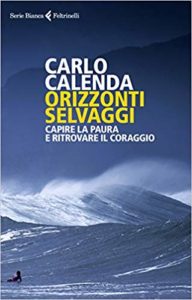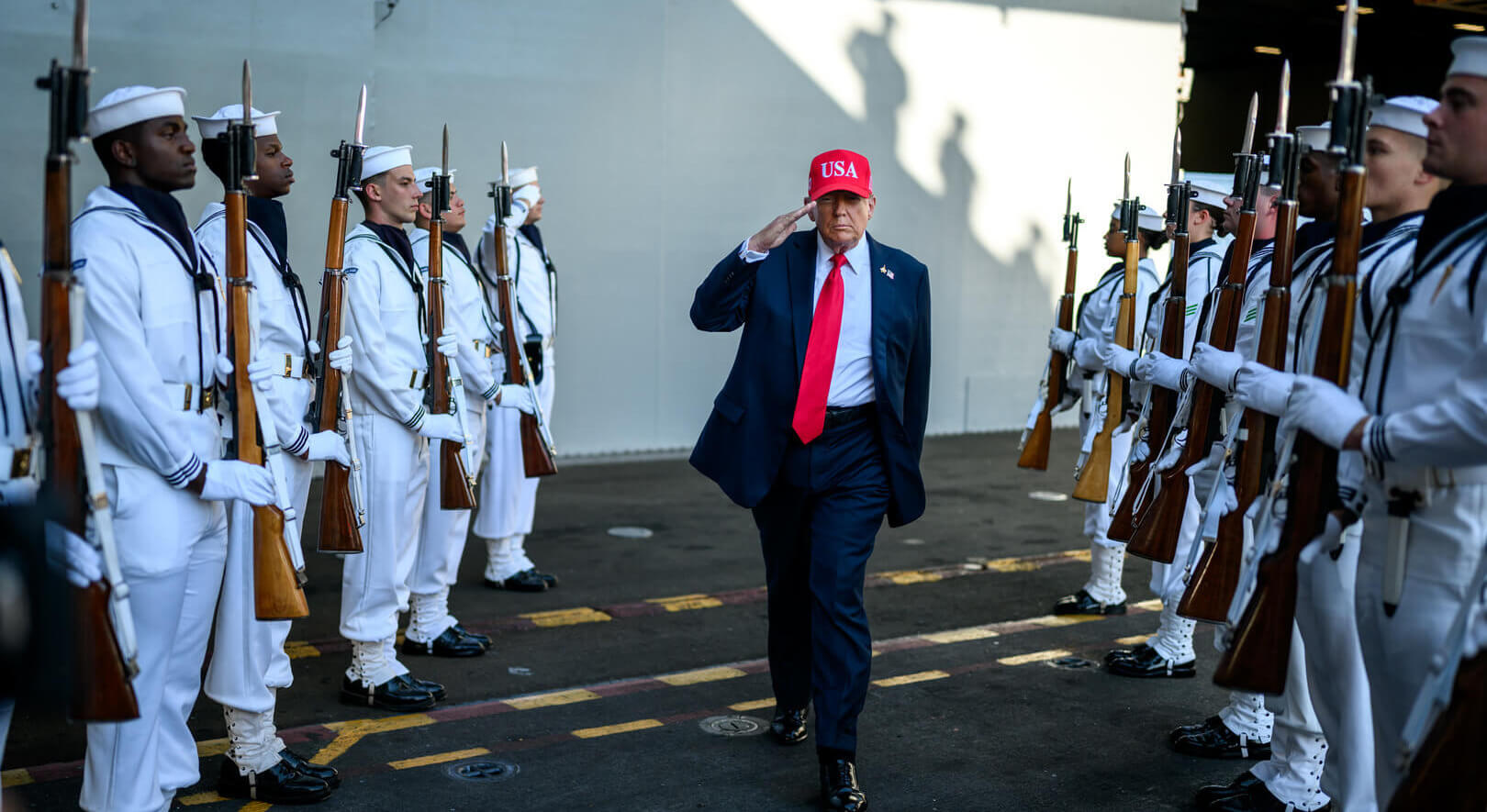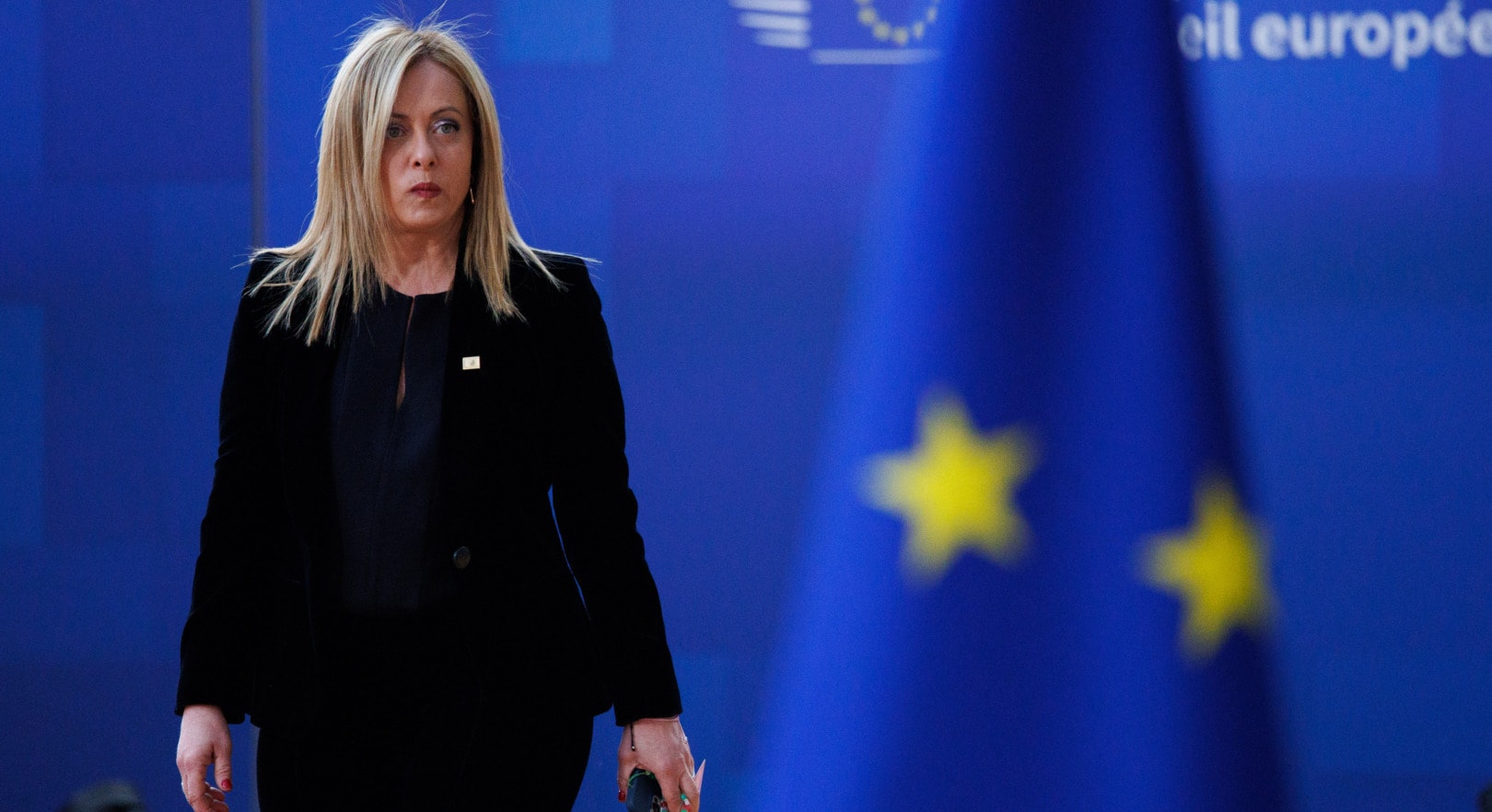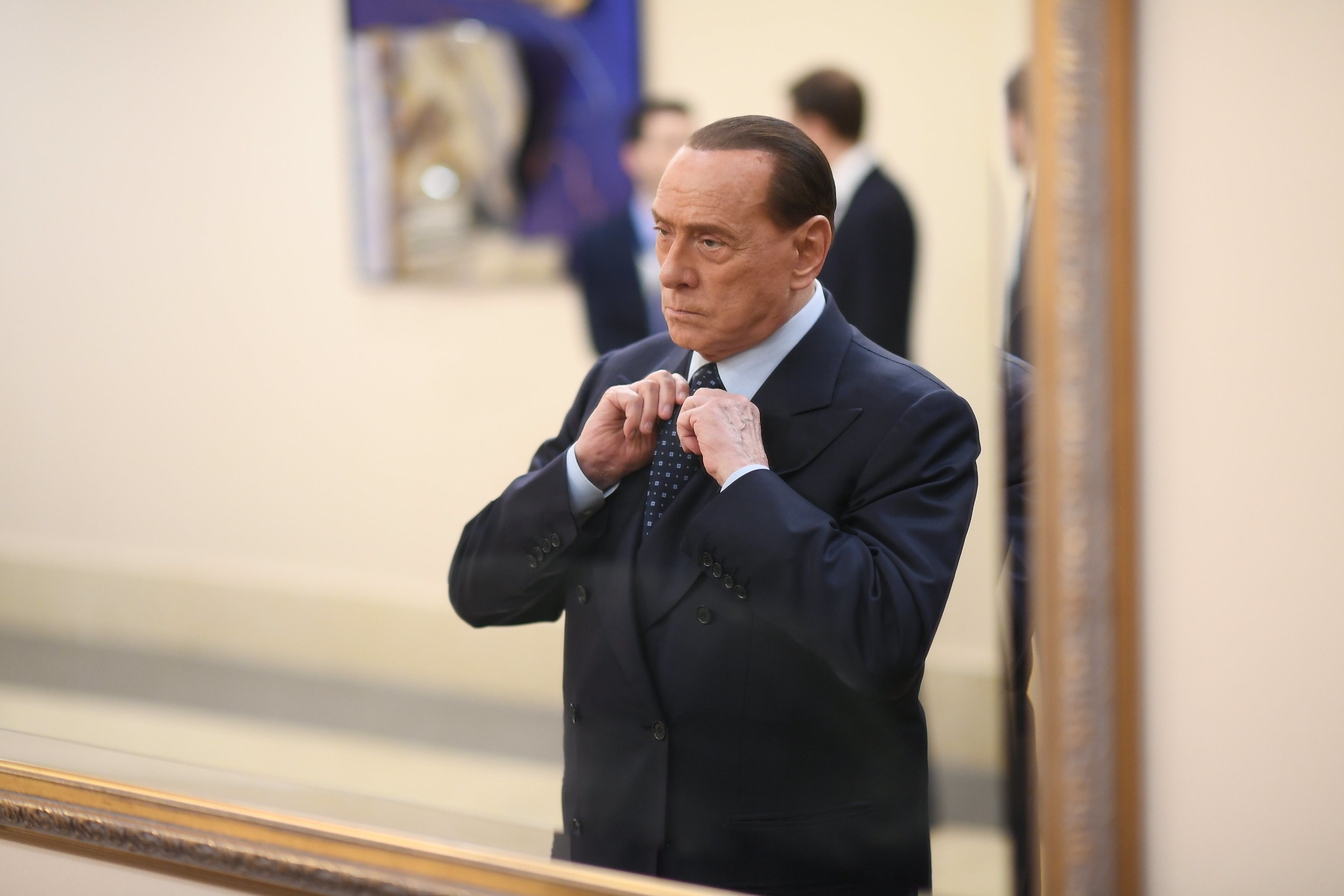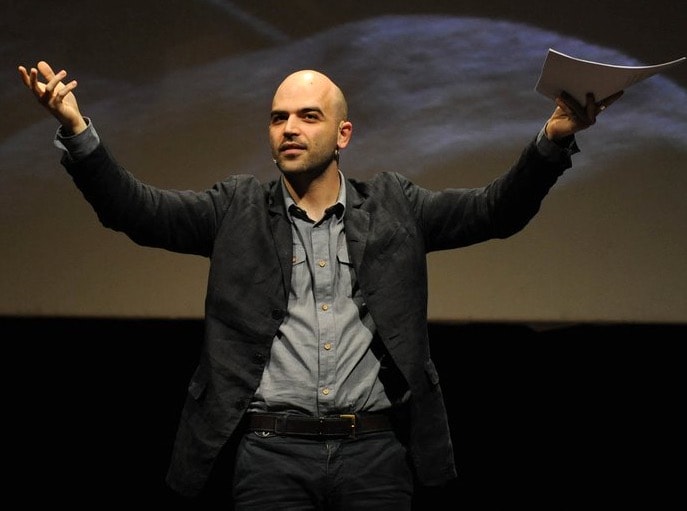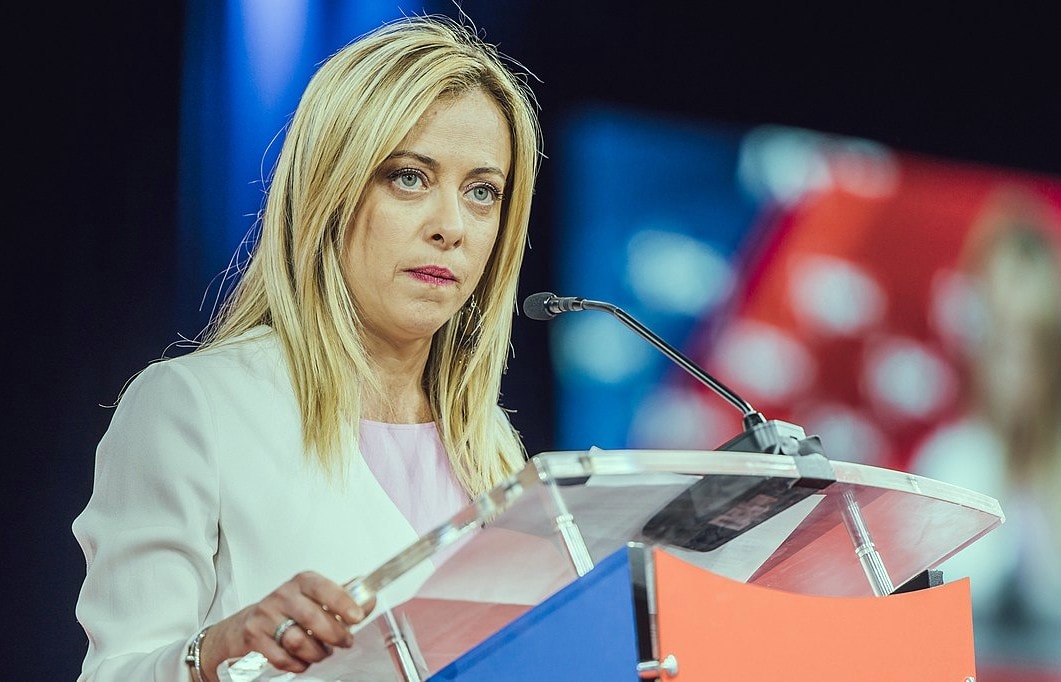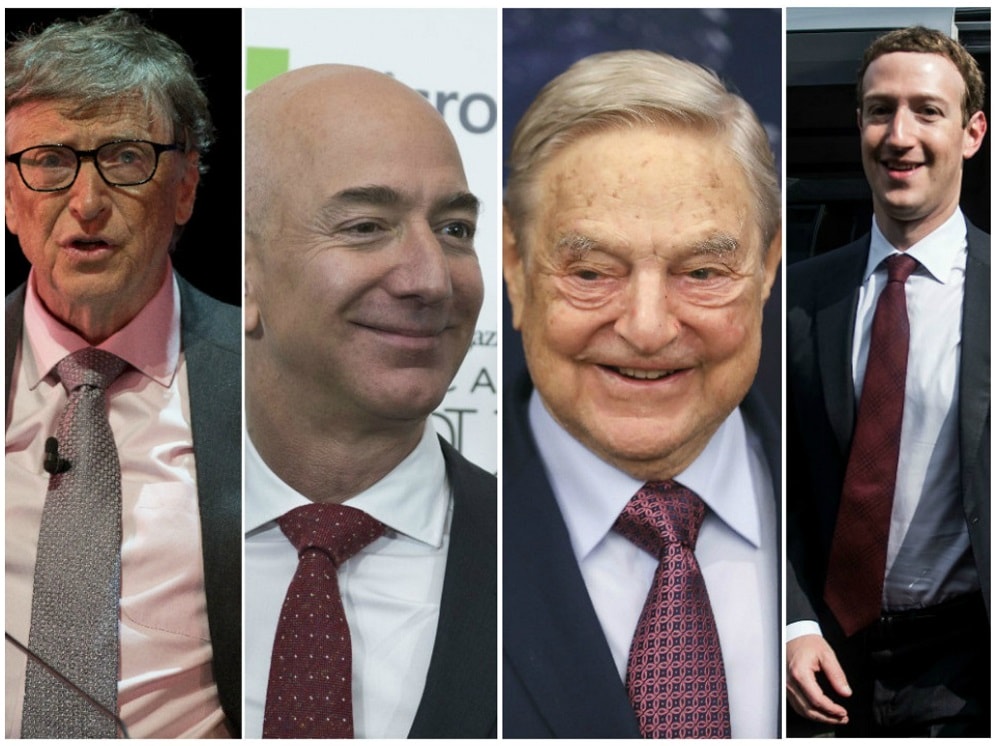Update 25 May 2019: While results of the vote in the UK won’t be made public until Sunday, early exit polls in the Netherlands delivered a surprise: Baudet’s Eurosceptic populist party did not come ahead as predicted by the polls and the big winner was the pro-Euro Labour party led by Frans Timmermans. Mainstream Dutch parties that support the EU took 70% of the vote, 3% more than they did five years ago.
Polling for the European Parliament – it happens every five years across the continent since 1979 – started today, on 23 May with Britain and the Netherlands and will close Sunday 26 May. More than 400 million voters across 28 nations are eligible to elect 751 MEPs, Britain included – because of (still unresolved) delays in the messy Brexit process. This time it’s a battle for the future of the European integration project and Italy is a major battleground.
Opinion polls predict a significant advance for nationalist and populist parties opposed to the EU. But not all hope is lost for convinced Europeans: The latest Eurobarometer survey commissioned by the European Parliament found 61 percent of respondents calling their country’s EU membership a “good thing”, the highest level since the early 1990s. Unquestionably a side-effect of the Brexit mess that caused Europeans on the continent to realize what they risked losing if they followed the British example.
Opponents to closer integration are generally members of the Visegrad group of countries (Hungary, Poland, Czech Republic and Slovakia) or the New Hanseatic League established in 2018 (Denmark, Estonia, Finland, Ireland, Latvia, Lithuania, the Netherlands and Sweden). And what is remarkable is that almost all opponents are also climate change deniers. Hence posters like this one from greens and ecologists:
In the Western EU member countries, you find: In the Netherlands, populist Thierry Baudet, 36, a loud climate denier, on course to beat Prime Minister Mark Rutte’s Liberals; in Britain, Farage with his newly-formed Brexit Party leading in the polls at a possible high of 35%; in France, populist Marine Le Pen’s Rassemblement hoping to beat President Macron’s La République en Marche, now at 23.5% vs. 23%; in Italy, extreme right Lega leader Matteo Salvini and Di Maio of the populist Five Star movement, together in government since June 2018 but running separately for the European elections, united only in their Euro-scepticism.
The latest polls legally allowed in Italy date to 10 May and show a drop of 6 points for Salvini, down to 31 percent while Di Maio has recovered somewhat to 25 percent, with the PD behind at 20 percent. Most importantly, two Italians out of three still didn’t know who to vote for at that date.
Italy has turned into a key battleground because it is both a major European country (the largest economy on the continent after Germany and France), and a founding member. And the European elections this time are taking place in a totally changed political landscape. Back in 2014, the country was governed by Matteo Renzi, the Partito Democratico (PD) leader who won more than 40% at the European elections that year, scoring the highest number of votes of any political party across the entire European Union, a sort of wonder boy.
The wonder faded fast: Renzi made so many mistakes since then that his party, the PD, collapsed to under 20 percent at the political elections last year. The populists rose on both left and right, with Di Maio’s Five Star Movement at almost 33 percent and Salvini, the leader of the Center Right Coalition (with Berlusconi’s Forza Italia) at 37 percent.
Now there is a rising star on the New Left standing in the way of the populists: Carlo Calenda.
The Star on the Italian New Left: Calenda
Like the socialist leader Pedro Sanchez of Spain, Calenda is pro-European. Pro social justice. Fighting climate change and environmental degradation. Neither are run-of-the-mill politicians who’ve done nothing in their life other than play politics. These are people who have proved themselves in the real world of work. Sanchez is an economist, Calenda is a business manager.
Calenda was born in Rome in 1973 in an intellectual family, his father was a journalist, his mother a filmmaker, the daughter of Luigi Comencini, a popular film director and Giulia Grifeo di Partanna, descended from an aristocratic Sicilian family. This did not stop him from joining the Italian Communist Youth Federation when he was young. And, after getting a law degree from the Sapienza, he showed his business acumen in finance, becoming manager for Ferrari in 1998 and marketing manager for Sky Italia in the 2000’s. His political career started in 2009 with his appointment as political coordinator of Future Italy, a liberal centrist think tank. He served in government in various functions, most recently as Minister of Economic Development (2016-2018) where he regularly opposed multinational corporations and defended Italian workers.
Two days after the Italian elections in March 2018 that saw the defeat of the PD, Calenda called for a reorganization of the party. He insisted it should be a “real left force” and not ally itself with any populist in government. He was highly critical of the “Third Way” left as propounded by Bill Clinton and Tony Blair (also followed by Renzi), seeing it as a main cause for the collapse of the Left across Europe.
In the summer of 2018, he withdrew for a while from politics to care for his family, as his wife was battling cancer. In the fall, he came back, first with an extraordinary book, “Orizzonti Selvaggi”, published October 2018 and currently a best seller topping the list on Amazon. The title roughly translates as “Wild Horizons” and it has an interesting subtitle: “Understanding fear and recovering courage”. Finding the courage to face globalization and ride it like you ride a tiger.
The book is a cogent analysis of what’s wrong with globalization. The rise in income inequality and corporate power. The collapse of the middle class and instability of the gig economy. The degradation of the environment and climate change. Social injustice and migration. He proposes to address all the issues via a liberal democracy and a sustainable model for the economy. Achieving the UN 2030 Agenda and the SDGs. Reviving in society the countervailing power of trade unions against corporate excesses. Placing human rights at the center of progress.
This is the memorable image that concludes the book (and is on the book cover):
“Fear always accompanies us. In any age, in any sea. Understanding it and dominating it is the spirit of progress. And progress is the spirit of man.
[…]
I imagine the West like that. We came out boldly “for the high open sea” and we got stuck between one wave and another of modernity. Standing still is impossible, we would be overwhelmed. Going back to the coast is the most instinctive choice, which an understandable fear would suggest, but it is also the most dangerous: the wave would take us from behind and hit us on the rocks. Passing under the waves, re-emerging from the other side and finally riding them requires preparation and confidence in one’s abilities, not unconsciousness or exaltation. “
In January 2019 he launched a cross party initiative, Siamo Europei (“We are Europeans”) to pull together all pro-Europe Italians, in preparation for the EU Parliament elections. At the heart of his movement was a pro-European manifesto laying out the reforms needed to strengthen Europe.
A month later, the PD had signed Calenda’s manifesto and with the election of a new secretary, Nicola Zingaretti in March, Matteo Renzi was finally sent home.
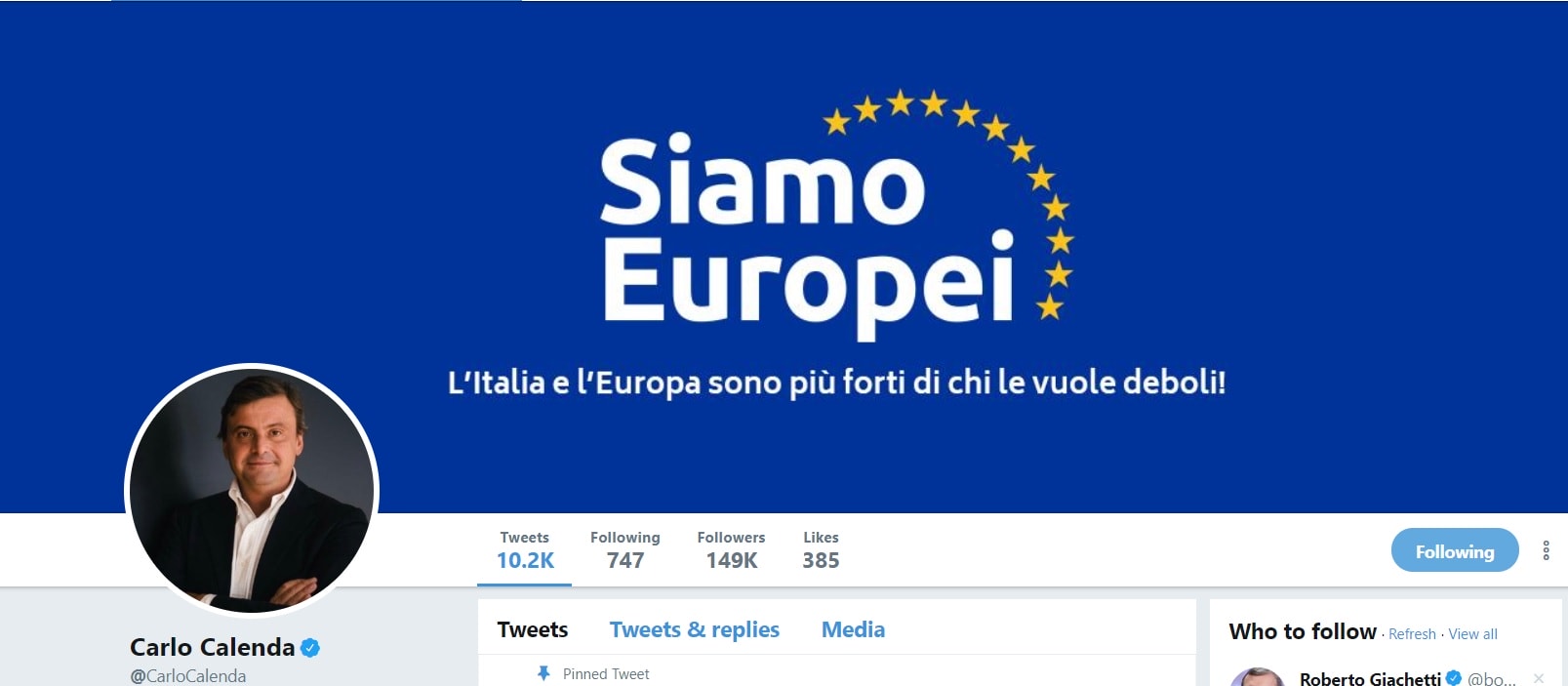
What is the mood in Italy on the eve of elections?
The duel between Salvini and Calenda is on.
Calenda perhaps cannot beat Salvini’s numbers at these European elections, but over the long run, he can. He is set for a good score with his Siamo Europei strategy, probably over 20 percent. Salvini is making many mistakes and his ties to Russia are becoming increasingly evident. There are good reasons why Salvini is ahead in the polls for now, and none of them have anything to do with his capacity as either a political leader or a manager of state affairs.
Oggi sovranista, ieri secessionista, prima ‘comunista padano’. Salvini non è niente di tutto questo, è semplicemente VUOTO. Fa qualunque cosa per il consenso. Se domani andassero di moda i migranti si dipingerebbe la faccia di nero e andrebbe nel canale di Sicilia #SiamoEuropei pic.twitter.com/MzDRnQAiKi
— Carlo Calenda (@CarloCalenda) May 22, 2019
The truth about Salvini is simple enough: he is, as Calenda says in his tweet, EMPTY. He has no real message, no credible solutions on offer. He has not attended to his government tasks. He yells a lot about immigrants, his favorite cause, and how he’s going to send them all back to their country. But in fact, since he’s been in office, he’s sent back fewer immigrants than his liberal leftist predecessor (Marco Minniti, the Minister of Interior in the PD government, December 2016-June 2018).
You’d expect Salvini to be in his ministry running the country – after all he is Minister for the Interior on top of being Vice Premier. That ministry is a big job – but he has only been 17 days in his office at the Ministry since he came into power nearly a year ago. Like Trump (whom he admires), Salvini prefers to be on the road campaigning.
Salvini is also the politician who has spent the most on Facebook ads to sustain his campaign. As of 22 May, four days before the vote (26 May), I checked the Facebook data, and campaign spending over the last 30 days was reported as follows:
- Salvini Lega(populist right): € 94,770
- Berlusconi Forza Italia (center right): €72,408
- Fratelli d’Italia + Giorgia Meloni (extreme right): €45 746
- PD (center left): € 37,035
- Di Maio Five Star Movement (populist left): €3928
Yes, just like conservatives and the extreme right in the United States, European populists, Italians included, are good at exploiting Facebook for their own ends.
But we are in Italy, and as everyone knows, Italians love singing. I came across a great song about the joys of a United Europe on Impakter Italia, our sister publication. The singer, Lorenzo Baglioni, starts by asking his audience: “How can one sing about something as abstract as the European Union?” And he proceeds to prove that one can, ending up “singing in the rain”, a reference to Brussels infamous rainy climate:
The song was put on YouTube on 17 May and in five days it had garnered 141,153 views and 6.8 k likes (the last time I looked on 23 May). Not bad for a song that is not about loving a pretty woman.


